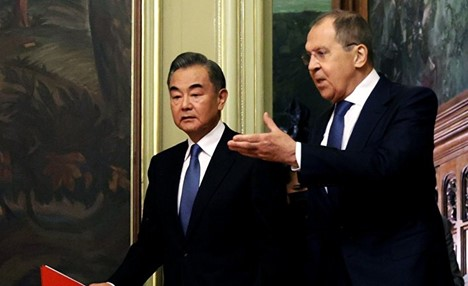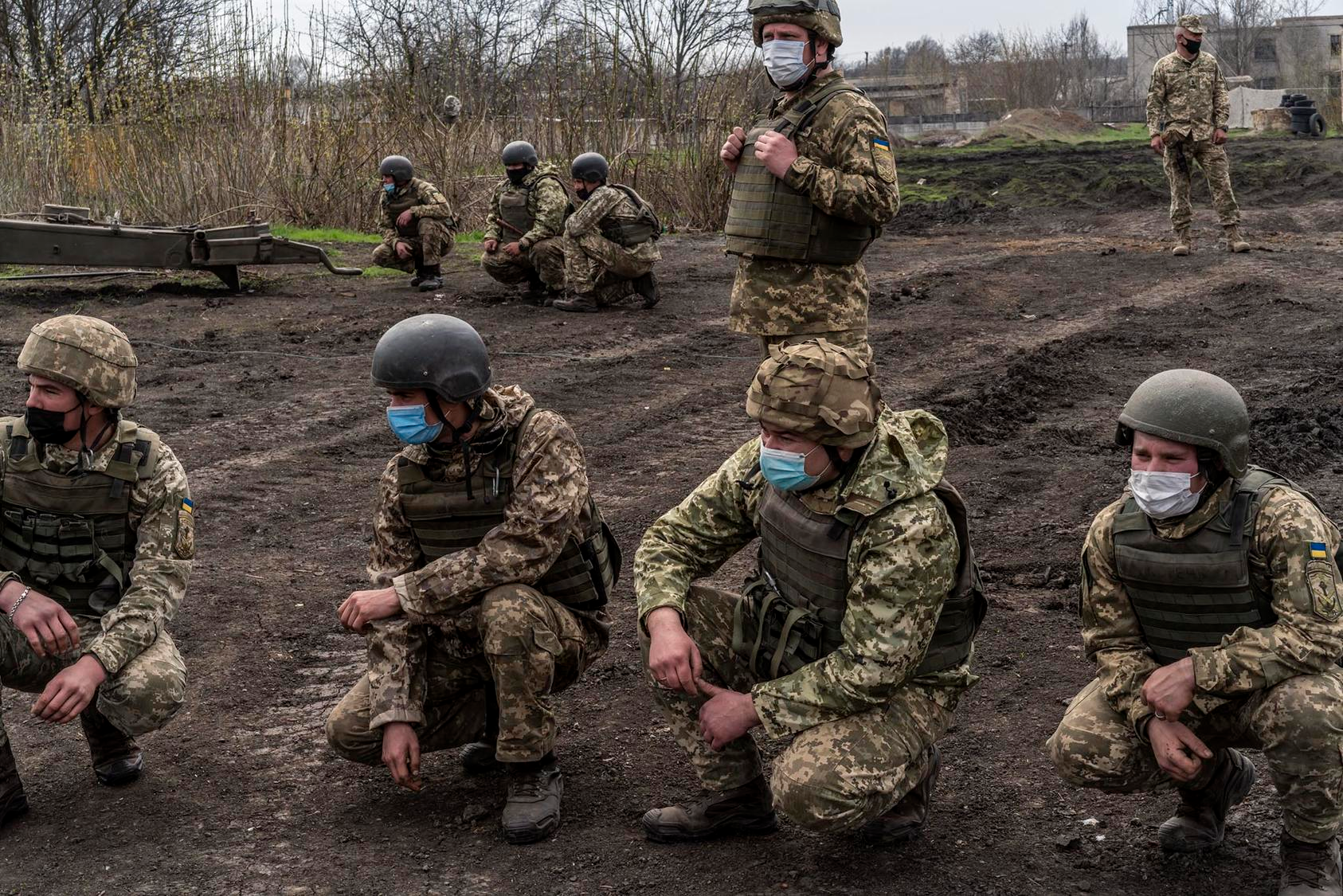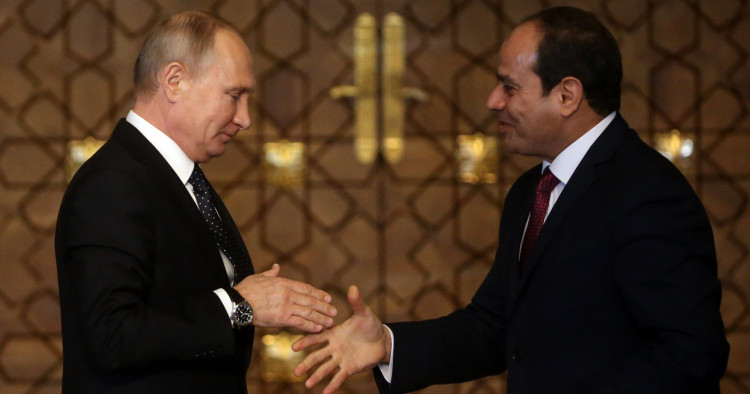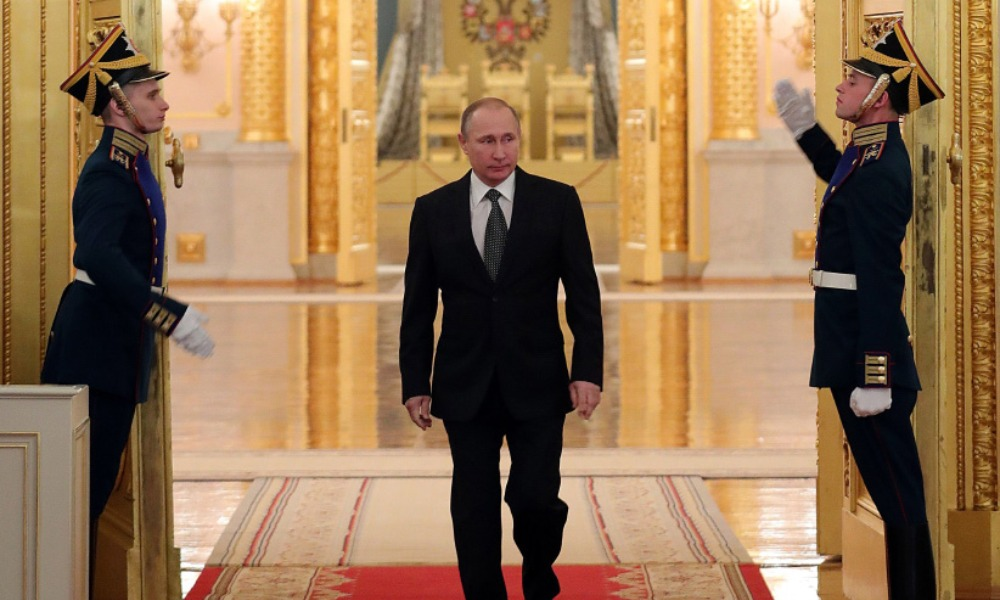The ideological basis of the new Cold War is clear, and this time the Western powers look set to be on the losing side
The ideological divisions of today involve the organization of the international system of states. One side, led by the USA, UK, EU and NATO, subscribes to something it calls the “rules-based international order.” (India claims to follow this.) The other side, led by Russia and China, subscribes to “international law…The principles of this system are set out in the United Nations Charter.
The meeting of NATO foreign ministers in Brussels and of China and Russia’s foreign ministers in Guilin brought into stark relief the ideological differences that divide the leading protagonists of the new Cold War.




